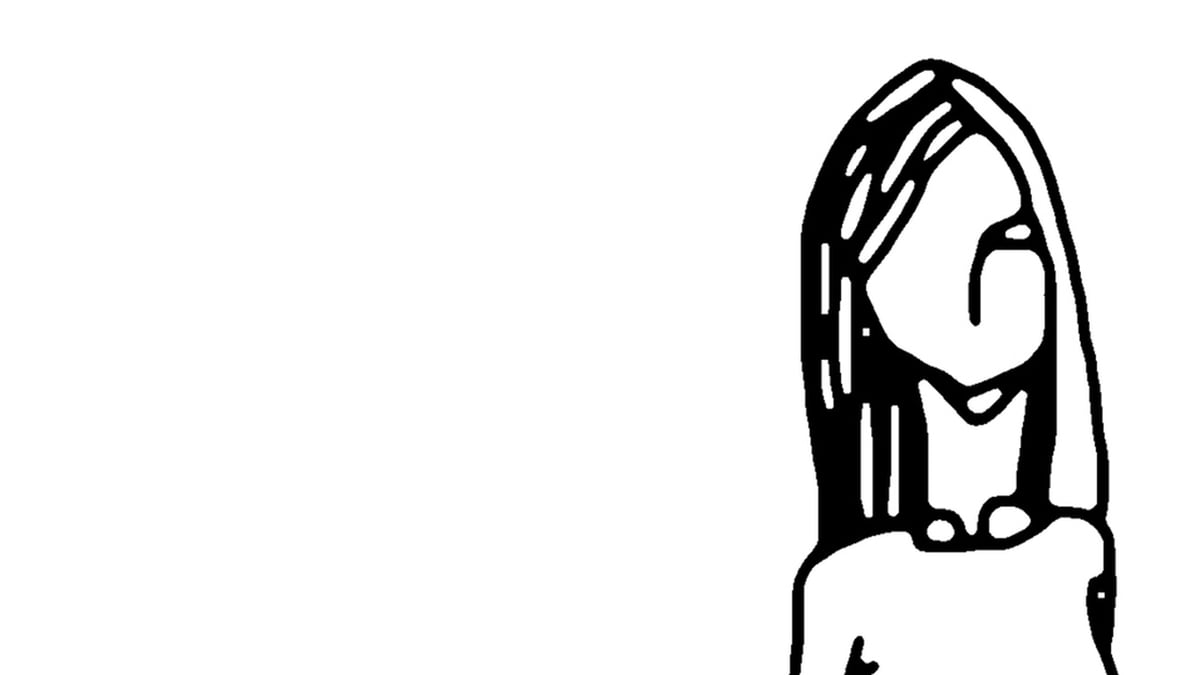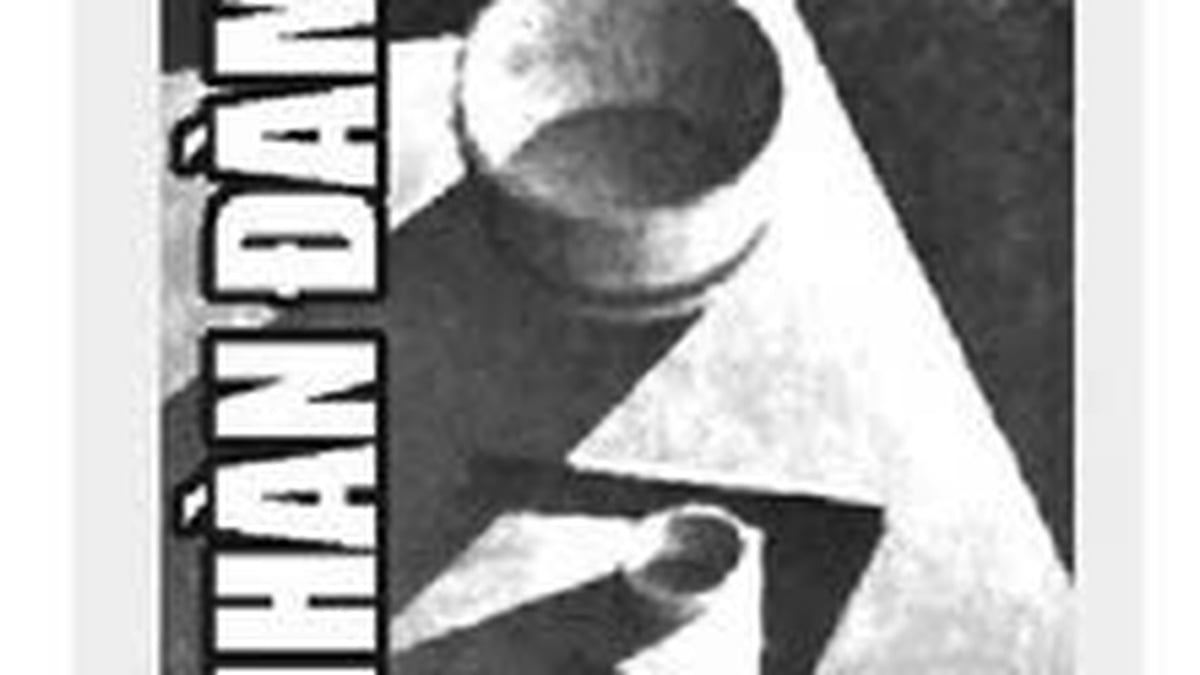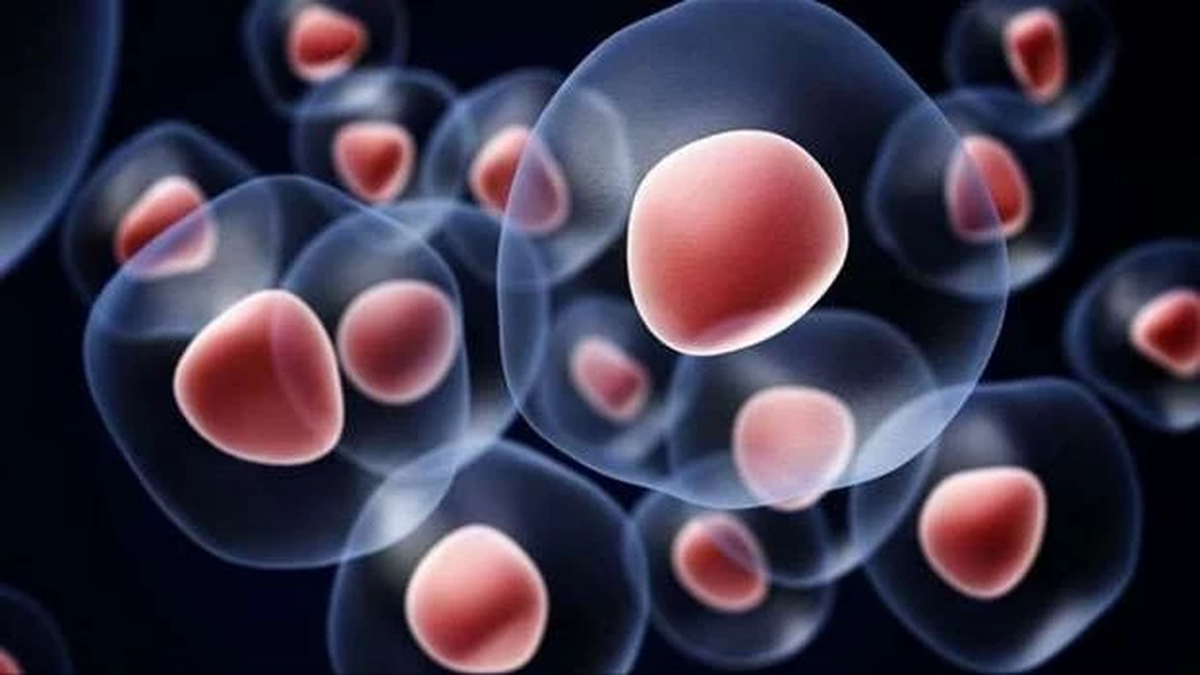Updated date: 08/21/2024 11:15:53

DTO - Micronutrient deficiency, which is difficult to detect, is considered a "hidden hunger" that affects all ages. In particular, zinc deficiency is often overlooked because it is difficult to diagnose through conventional tests; the signs to recognize zinc deficiency are also not specific. Zinc deficiency is an important cause of anorexia in children, malnutrition and stunting.

Children's anorexia combined with zinc deficiency causes children to grow slowly (photo collected from the internet)
Zinc is a micronutrient that is essential for growth, enhancing immunity, limiting infectious diseases (diarrhea, respiratory infections...), participating in enzyme activity, cell division... In particular, zinc deficiency also increases complications during pregnancy, hindering mental and physical development in children.
The results of the 2019 nutrition survey by the Institute of Nutrition showed that the rate of zinc deficiency in children aged 6-59 months was 58%. One of the roles of zinc is to participate in the growth process, so providing adequate zinc for children during this period is very important for their growth.
Unlike other micronutrients, zinc is not only not produced by the body but also not stored by the body after being absorbed from foods or zinc-containing drugs. Researchers have determined that the biological half-life of zinc in the body is 12 days, so insufficient or interrupted supply will cause a lack of zinc to meet daily needs. Many studies in the community have also shown that anemia and iron deficiency are often accompanied by zinc deficiency.
Zinc is abundant in mollusks, especially oysters, seafood such as shrimp, crab, red meat, poultry; other sources of zinc are beans, whole grains, milk and dairy products. For breastfed babies, zinc is provided through breast milk. Zinc from seafood and animal foods has a higher biological value than zinc from plant sources and is also more easily absorbed. Therefore, a diet low in animal foods and only eating basic cereals will not provide enough zinc for the body.
Most people get enough zinc from a healthy, balanced diet, but some children who eat less meat, fish, and seafood may be deficient. In addition, older adults, people with certain intestinal diseases, and pregnant or breastfeeding women may have higher zinc needs.
How can we accurately diagnose whether the body is zinc deficient or not? The answer is that there is no specific indicator that accurately reflects the body's zinc deficiency. Some early signs of zinc deficiency include: anorexia, slow physical development, increased risk of infectious diseases (diarrhea, acute respiratory infections), skin and mucosal lesions, increased pregnancy complications...
According to the recommendations of the World Health Organization (WHO), the need for zinc for children depends on each age:
Children under 3 months need 3mg of zinc per day, children from 5 to 12 months old need 5 - 8mg/day, children from 1 to 10 years old need about 10 - 15mg/day for optimal height and physical development.
For children under 6 months of age, the best and most easily absorbed source of zinc is breast milk. However, the amount of zinc in breast milk will gradually decrease over time. Therefore, mothers need to maintain the amount of zinc in milk as well as supplement zinc for the child's future development by eating more foods rich in zinc.
For babies 6 months and older, zinc can be supplemented through food and supplements prescribed by a doctor. For children to absorb zinc best, mothers should supplement vitamin C for children from fresh fruits rich in vitamin C such as oranges, lemons, tangerines, grapefruits...
To prevent and combat zinc deficiency in the community, it is necessary to diversify meals, encourage the use of zinc-rich foods and foods that increase zinc absorption. Reduce the use of zinc absorption inhibitors such as tea, coffee or drink away from meals; encourage the use of foods supplemented with micronutrients (including zinc) in the community; supplement zinc orally at therapeutic doses or prophylactic doses as prescribed by health workers .
When the body is deficient in zinc, physiological activities will be disrupted and many other effects will occur. Therefore, do not forget to supplement zinc for the body through daily meals for good health.
Nguyen Ly (Nutrition Department - CDC Dong Thap )
Source: https://baodongthap.vn/suc-khoe/thieu-kem-benh-ly-thieu-vi-chat-hay-bi-bo-quen-124934.aspx


































































































Comment (0)